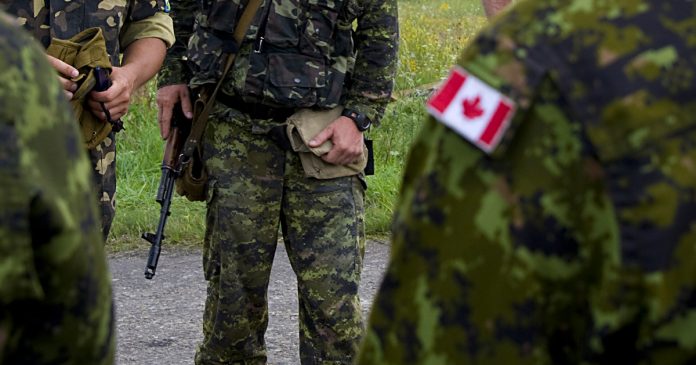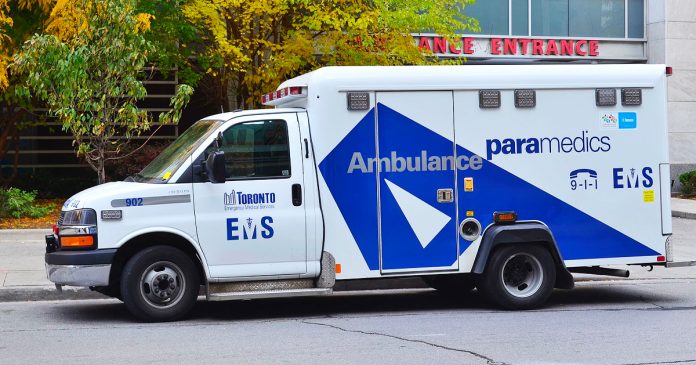The Department of National Defence (DND) has confirmed to True North that unvaccinated members of the Canadian Armed Forces (CAF) could face an “unsuitable for further service” release.
According to the Queen’s Regulation and Orders for the Canadian Forces (QR&O), an “unsuitable for further service” release applies to officers or non-commissioned CAF members who “either wholly or chiefly because of factors within his control, develops personal weakness or behaviour or has domestic or other personal problems that seriously impair his usefulness to or impose an excessive administrative burden on the Canadian Forces.”
DND Chief of Operations Major Christopher Daniel told True North that as of Wednesday, 4% of CAF members eligible to receive the COVID-19 vaccine have not yet done so.
“As of 15 November 2021, CAF members who have not complied with the policy by remaining unvaccinated without an approved accommodation are subject to administrative action up to and including release from the CAF,” said Major Daniel.
“This process is underway in a number of cases but there remain options for members to reverse their decision and receive their vaccination. As such, it would be inappropriate at this time to speculate on potential future releases for non-compliance.”
The regulations that govern releases from the CAF include several categories such as misconduct, unsatisfactory service, voluntary release, medical release or service completed. The “unsuitable for further service release” applies to the service completed release category.
When pressed further on the exact release process that would be applied to those CAF members who refuse to be vaccinated under any circumstances, Major Daniel confirmed that the “unsuitable for further service” release could be applied.
“That will be determined in the process but it could be ‘unsuitable for further service’,” Major Daniel told True North.
Additionally, an “unsuitable for further service” release would be noted on the private military record of those who have been subjected to that process.
With regard to those who are seeking religious or pre-existing medical condition accommodations, they will have an answer to their accommodation requests by the end of this month.
“In accordance with Government of Canada direction, the Acting Chief of the Defence Staff directed all CAF members be fully vaccinated unless they are unable due to a certified medical contraindication, religious ground, or any other prohibited ground of discrimination as defined in the Canadian Human Rights Act,” said Major Daniel.
According to Major Daniel, fewer than 25 CAF members eligible for voluntary release from the CAF have applied to do so instead of complying with the directive.
“To date, less than 25 members eligible to release from the CAF voluntarily have opted to do so rather than comply with the Acting Chief of the Defence Staff’s direction,” said Major Daniel.
As outlined by the QR&O, voluntary releases can apply to those who make a request, on the completion of a fixed period of service or other causes.
Those CAF members who refuse to be vaccinated and do not have any approved accommodations will be subject to a process including being given a written warning, a grace period to reconsider their decision and finally be put through an administrative process. Ultimately, if they continue to refuse, there will be a recommendation to the chain of command for release.



























